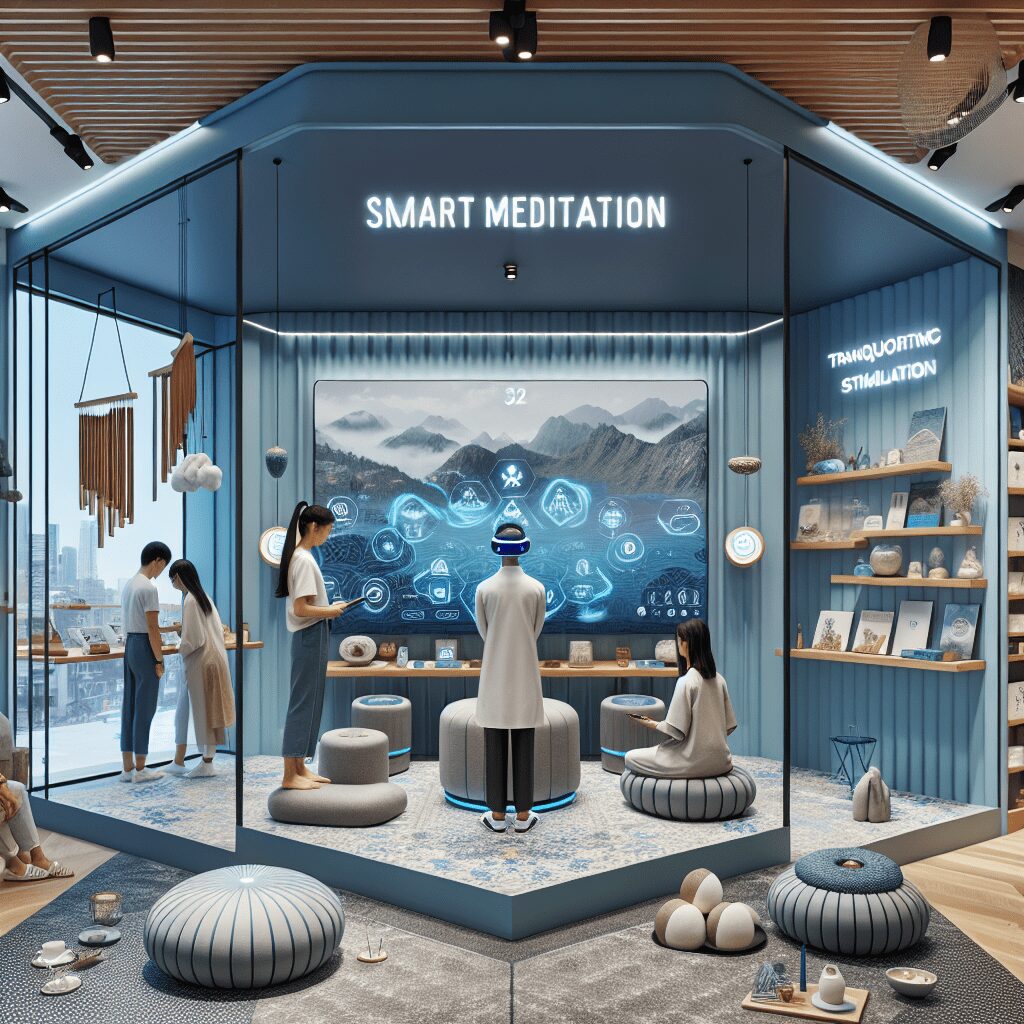
Prioritize your mental well-being daily. Enhance your life by nurturing your mental health with the Smart Meditation app. Break free from stress, alleviate anxiety, and enhance your sleep quality starting today.
Can High Humidy Cause Anxiety?
Unveiling the Connection: Humidity and Anxiety
In the labyrinth of factors contributing to anxiety, weather conditions, especially humidity, tend to play a more significant role than one might imagine. It’s not merely about feeling a tad uncomfortable when the weather decides to turn up the humidity dial; there’s a bona fide link between high humidity levels and anxiety symptoms. So, let’s dive deep and uncover how this connection unfolds.
The Science Behind the Scenes
At first glance, associating humidity with feelings of anxiety might seem like a stretch. However, the reality is that our physiological responses to high humidity can inadvertently pave the way for increased anxiety levels. Here’s the lowdown:
Breathing Becomes a Bit of a Task
When humidity levels hit the roof, the air we breathe becomes heavier and more saturated with moisture. This can make breathing feel more laborious, potentially triggering a sense of panic or discomfort, particularly for individuals already prone to anxiety or respiratory issues.
A Hotbed for Sleep Troubles
Ah, sleep – that elusive state of bliss we all chase. Throw in high humidity, and getting a good night’s rest becomes a Herculean task for some. The discomfort of sticky, sweaty nights can lead to significant sleep disturbances. And guess what? Poor sleep is a notorious accomplice in exacerbating anxiety symptoms.
The Mold Factor
High humidity creates a perfect breeding ground for mold and mites, turning your home into an allergen buffet. For those with allergies or sensitivities, this can trigger allergic reactions, leading to increased stress and anxiety levels. It’s a domino effect; the physical discomfort and health concerns can amplify one’s anxiety.
Strategies to Beat the Humidity-Induced Anxiety
Now that we’ve established the link between high humidity and anxiety, it’s time to arm yourself with strategies to combat these effects. Here are a few life hacks:
-
Invest in a Dehumidifier: Yep, it’s as straightforward as it sounds. A dehumidifier can help maintain optimal humidity levels in your home, making the air more comfortable and breathable.
-
Stay Hydrated: When it’s muggy, your body works overtime to cool down. Staying hydrated is key to helping your body regulate its temperature more efficiently, potentially easing anxiety symptoms.
-
Create a Comfortable Sleep Environment: Air conditioning units, fans, or moisture-wicking bedding can be game-changers in improving your sleep quality during humid nights.
-
Mindful Cooling Practices: Cold showers or applying a cool, damp cloth to your neck can provide immediate relief and potentially help in managing anxiety triggered by the heat and humidity.
Wrapping It Up
While high humidity alone isn’t likely to be the sole cause of anxiety, its effects on the body and mind cannot be dismissed. Understanding this obscure link allows us to better prepare and mitigate the impact of humid conditions on our mental health. Remember, taking proactive steps towards creating a more comfortable environment can serve as a buffer against the invisible weight of humidity-induced anxiety. Here’s to clearer skies and clearer minds!





